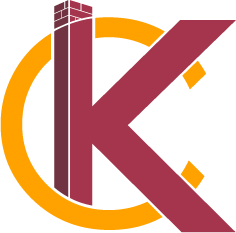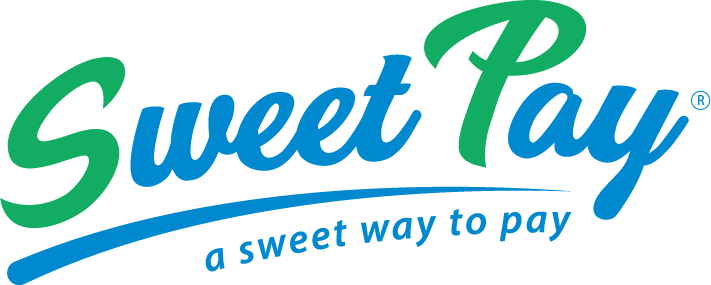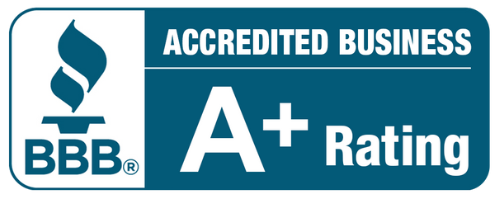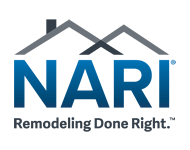Financing Your Project
Naturally, weeding through your options can be difficult. At KC’s we like to help guide our clients throughout their entire construction process. A few questions you should know up front when soliciting financing…
- Have an understanding of roughly how much money you will need to finance and how much you can get upfront to cover a deposit. We suggest reviewing our Home Improvement Cost Guideline as well as the Cost vs. Value Report to help you gather an understanding of estimated costs. Keep in mind, your selections will drive a big portion of your cost.
- Narrow down the loan options that match your needs and finances the best.
- Concentrate on lenders that specialize in the type of loan you want and need.
Now that you have an idea of cost, what kind of loans are available?
Home Equity Loans – These mortgages offer the tax benefits of conventional mortgages without the closing costs. You get the entire loan up front and pay it off over 15 to 30 years. Typically the interest is fixed, so monthly payments are easy to budget for. Rates can be slightly higher than those for conventional mortgages.
Home Equity Lines of Credit – These mortgages work similar to a credit card. Lenders give you a ceiling to which you can borrow against and then charge you interest only on the amount you use. Most programs typically require repayment within 8 to 10 years. Be wary of lenders than want to bring you a credit line on an introductory rate and then jack up the interest once your introductory period ends.
FHA 203K Mortgages – These FHA-insured loans allow you to refinance the first mortgage and combine it with the improvement costs into a new mortgage. Lenders will base the loan off the value of the home after you’ve completed improvements. The set up and approval process of the FHA Mortgage is typically an in-depth and lengthy process and loan limits can vary by County and tend to be on the lower end. Typically a 203K loan repayment is over 30 years.
Personal Loan – With so many forms of collateral, personal loans are viable options for Client’s who do not want to collateralize their home. Stocks, bonds, certificates of deposit, savings accounts, a pension or retirement account and high priced vehicles can all be utilized as collateral against a personal loan. You cannot claim the interest as tax-deductible however the interest rates can be extremely low and you save yourself appraisal fees, closing costs and title fees associated with other more traditional mortgages options.
B and C Loans – So your credit isn’t the shiniest or you don’t fit the traditional employment or income groups? B and C Loans are a good fallback. Many banks offer B and C loans as do credit unions, brokers and finance companies. Most B and C lenders will entice you with an introductory rate that looks great, but beware, interest and fees can quickly creep up because the lenders consider the added risk of lending to B and C credit ratings.
SweetPay is a consumer lending platform used at the point-of-need. It seamlessly connects merchants/practices and their customers to top-rated lenders for instant loan offerings. This is done using SweetPay’s innovative technology platform designed by its founders’ years of Fintech success.
(Checking to see if you qualify won’t affect your credit score.)
Click below to discover financing options available to you now!
With easy to navigate applications, secure processing and quick approvals you can check the financing part off of your checklist and start dreaming about your build!





